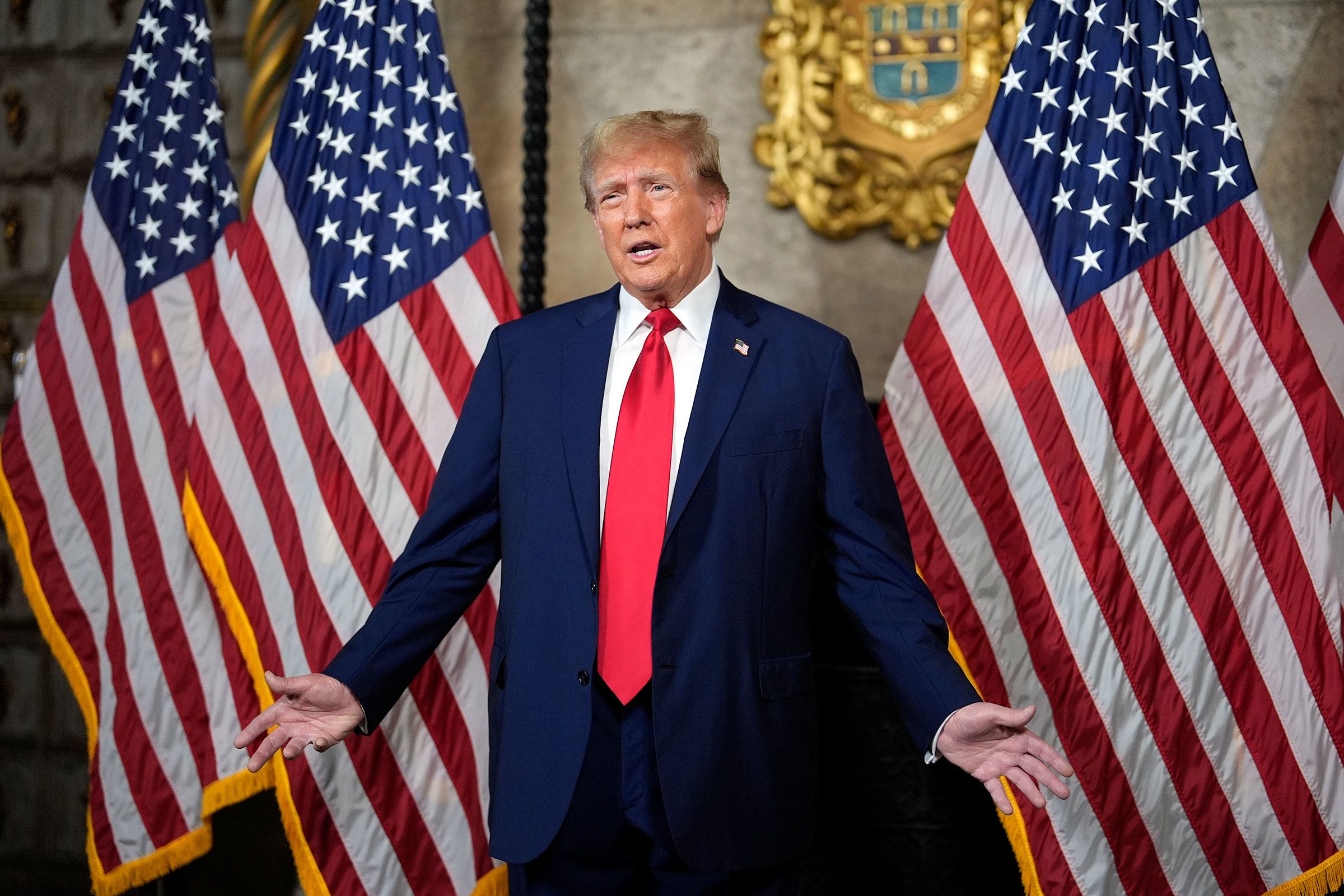In a landmark ruling, the Supreme Court on Monday declared that former President Donald Trump cannot be excluded from the ballot in Colorado or any other state. This decision dismisses a lawsuit alleging that Trump’s actions on January 6, 2021, disqualified him from office under the 14th Amendment’s “insurrectionist ban”.
Despite the unanimous ruling, the justices did not comment on whether Trump was indeed an insurrectionist and were divided on the technicalities of enforcing the ban. This distinction could have far-reaching implications.
Implications of the Ruling
The court’s decision reverses a previous ruling from Colorado’s top court, which declared Trump ineligible to appear on the state’s ballot due to his remarks before the 2021 attack on the US Capitol. This ruling is likely to halt similar efforts in Maine, Illinois, and other states to remove Trump from the ballot.
The court’s unsigned majority opinion stated, “States may disqualify persons holding or attempting to hold state office. But states have no power under the Constitution to enforce Section 3 with respect to federal offices, especially the presidency.”
What This Means for Trump
The Supreme Court’s unequivocal opinion means that states do not have the power to remove a federal candidate, particularly a president, from the ballot under the Constitution’s “insurrectionist ban”. This decision is a significant victory for Trump, effectively quashing a legal theory that threatened his potential for a second term.
Supreme Court Avoids Insurrectionist Debate
The Supreme Court did not directly address whether Trump’s actions on January 6 qualified as an “insurrection”. The unsigned opinion noted that lower courts in Colorado found Trump’s remarks before the attack on the US Capitol qualified as engaging in an insurrection within the meaning of the Constitution. However, the court’s unsigned opinion did not return to that judgment directly.
Barrett’s Concern with ‘National Temperature’
Justice Amy Coney Barrett, a conservative Trump nominee, devoted more than half of her one-page concurrence to urging the public to look past the fact that four of the court’s members, including herself, disagreed with how broadly their colleagues decided the case. She emphasized the importance of unity, stating, “All nine Justices agree on the outcome of this case. That is the message Americans should take home.”
Liberal Wing Rebukes Majority for Opinion’s Sweep
The court’s three liberals, Justices Sonia Sotomayor, Elena Kagan, and Ketanji Brown Jackson, criticized the majority for the breadth of the opinion. They argued that the issue of Trump’s eligibility could have been decided simply by ruling that states can’t enforce the insurrectionist ban on their own.
Anonymous Authorship of the Opinion
The court issued a “per curiam” opinion, a Latin term that translates to “by the court”. Such opinions are relatively rare and are sometimes used to signal consensus. However, they are “unsigned”, meaning the public doesn’t know who wrote them and can’t always glean the vote count. This has led to criticism as it allows the court to resolve controversial issues without explicitly revealing their authorship.

